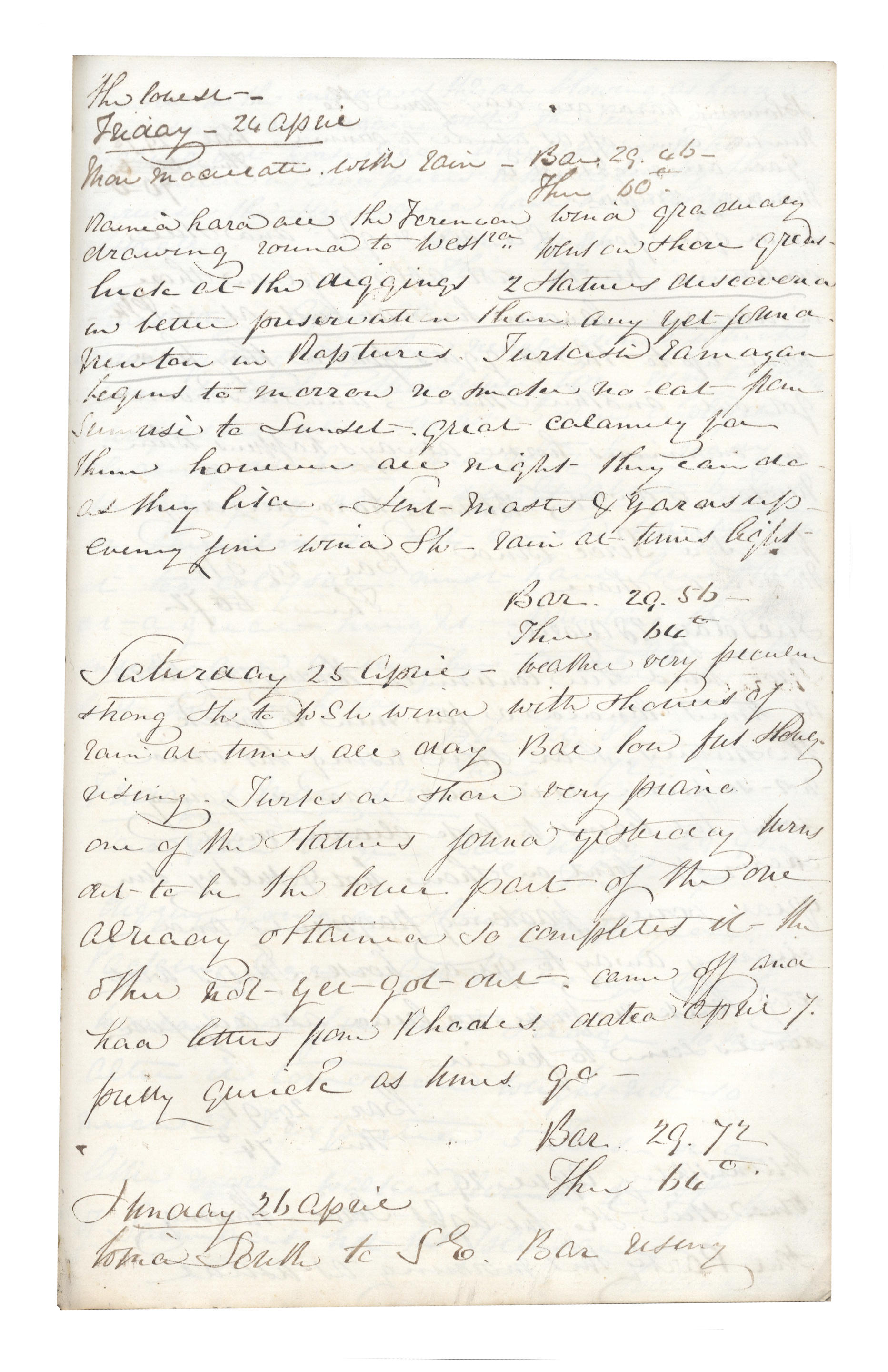VERY LARGE GREEK STONE JEWELLER'S MOULD BRONZE AGE, 13TH-11TH CENTURY B.C. 2 1/2 in. (114 grams, 63 mm). Of square shape, used for making various jewellery elements: small circles, ear-drop pendants, rosettes with striated lines and locating holes on the surface. PROVENANCE: Collected from 1969-1999. From the collection of the late Mr S.M., London, UK. LITERATURE: Cf. Papaconstantinou, D., Menti, N., ‘Re-examining a steatite mould from Idalion: old practices in the light of new perspectives’ in Various, Medelhavmuseet, 199, Finds and Results from the Swedish Cyprus Expedition 1927–1931: A Gender Perspective, pp.198-206, figs.1-2, for similar. FOOTNOTES: Plaques of this type were half of a mould for small objects such as ribbed bobbin-shaped or spherical beads or crescent-shaped pendants. They must have been made for casting, judging by the pouring channels and the circular holes for fixing it to another corresponding half. Ribbed globular and ‘grain of wheat’ gold beads were common in Cyprus and Crete. Similar moulds with pouring channels have been found in the Near East, while open moulds intended for glass ornaments with flat backs have been found in the Aegean. CONDITION
VERY LARGE GREEK STONE JEWELLER'S MOULD BRONZE AGE, 13TH-11TH CENTURY B.C. 2 1/2 in. (114 grams, 63 mm). Of square shape, used for making various jewellery elements: small circles, ear-drop pendants, rosettes with striated lines and locating holes on the surface. PROVENANCE: Collected from 1969-1999. From the collection of the late Mr S.M., London, UK. LITERATURE: Cf. Papaconstantinou, D., Menti, N., ‘Re-examining a steatite mould from Idalion: old practices in the light of new perspectives’ in Various, Medelhavmuseet, 199, Finds and Results from the Swedish Cyprus Expedition 1927–1931: A Gender Perspective, pp.198-206, figs.1-2, for similar. FOOTNOTES: Plaques of this type were half of a mould for small objects such as ribbed bobbin-shaped or spherical beads or crescent-shaped pendants. They must have been made for casting, judging by the pouring channels and the circular holes for fixing it to another corresponding half. Ribbed globular and ‘grain of wheat’ gold beads were common in Cyprus and Crete. Similar moulds with pouring channels have been found in the Near East, while open moulds intended for glass ornaments with flat backs have been found in the Aegean. CONDITION















Testen Sie LotSearch und seine Premium-Features 7 Tage - ohne Kosten!
Lassen Sie sich automatisch über neue Objekte in kommenden Auktionen benachrichtigen.
Suchauftrag anlegen